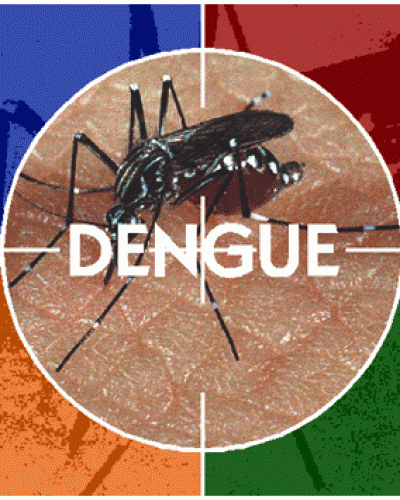
Dengue, transmitted by the Aedes Aegypti mosquito, has become an endemic disease in most Latin American and Caribbean nations, where the number of cases has been increasing every year.
By María Josefina Arce
Dengue, transmitted by the Aedes Aegypti mosquito, has become an endemic disease in most Latin American and Caribbean nations, where the number of cases has been increasing every year.
In 2022 alone, almost three million cases were reported in the region, which also shows the same growing trend with respect to chikungunya, also transmitted by Aedes Aegypti.
This is why the Sterile Insect Technique is gaining ground for the control of this vector, a technology that has been used for many years in the world for the control of agricultural pests.
It consists of irradiating mosquitoes with gamma rays and X-rays, which, once sterilized, are unable to produce offspring. Experts believe that in the absence of vaccines and effective drugs to fight diseases such as dengue, zika and chikungunya, it is an effective way to combat them.
Cuba stands out in the region in research on the subject; hence, together with Brazil, it is leading an initiative to support the use of this technique in other Latin American and Caribbean countries that are lagging behind in its application.
The Greater Antilles has developed an experimental study, with the participation of several entities, headed by the prestigious Pedro Kouri Institute of Tropical Medicine.
This research was preceded by a pilot test in 2020 in the town of El Cano, in Havana, which had very encouraging results.
According to the researchers, in 16 weeks the mosquito population was practically eradicated in that territory, something unthinkable, they stressed, with traditional methods.
Now the Caribbean nation joins forces with Brazil in this scientific project, which already had a first version from 2020 to 2023 and which includes the study and the pilot test.
The initiative is supported by the International Atomic Energy Agency and the Food and Agriculture Organization of the United Nations, together with other global entities and donor countries.
For the period from 2024 to 2027, it includes training on this technology, the supply of materials and equipment and the selection of sites for the implementation of tests.
Once again, Cuba demonstrates its vocation for solidarity and makes its experience and research available to other nations to respond to health problems and benefit its citizens.

